What do you associate with zero waste travel? For me, it seems like a pretty daunting task, though I daily try to reduce waste both at home and when I travel. But ZERO waste? Is that even possible? I thought I’d talk to an expert on the field, Kendal Karstens, the content creator of the zero waste adventure travel blog, Getaway Girl.
Kendal is on a personal journey towards zero waste. As she says herself: ” Travel and zero waste are sort of an oxymoron, but it shouldn’t be that way!” She is so right! So what can you do to get closer to zero waste travel? Kendal will touch on this in this exclusive interview about responsible travel.
I am really eager to get to know this girl better! Are you?
Meet Kendal Karstens
Kendal Karstens educates young women on how to travel adventurously and sustainably on a budget as she takes her readers with her on her own zero waste journey.
Originally from Florida, Kendal grew up in Southern Maryland, and graduated from High Point University in North Carolina. She doesn’t travel full-time, and doesn’t think she ever will, simply because of her love for having a café that knows her order and a home where she can invite friends from all around the world! Kendal frequently moves, though. Currently, she’s living in Belarus where she’s teaching English with the Fulbright program.
Kendal uses Instagram to share her struggles as she pursues a zero waste lifestyle and pressures businesses and local governments to make sustainability a priority on their political agenda. Along the way, she educates her readers on how they can do the same.
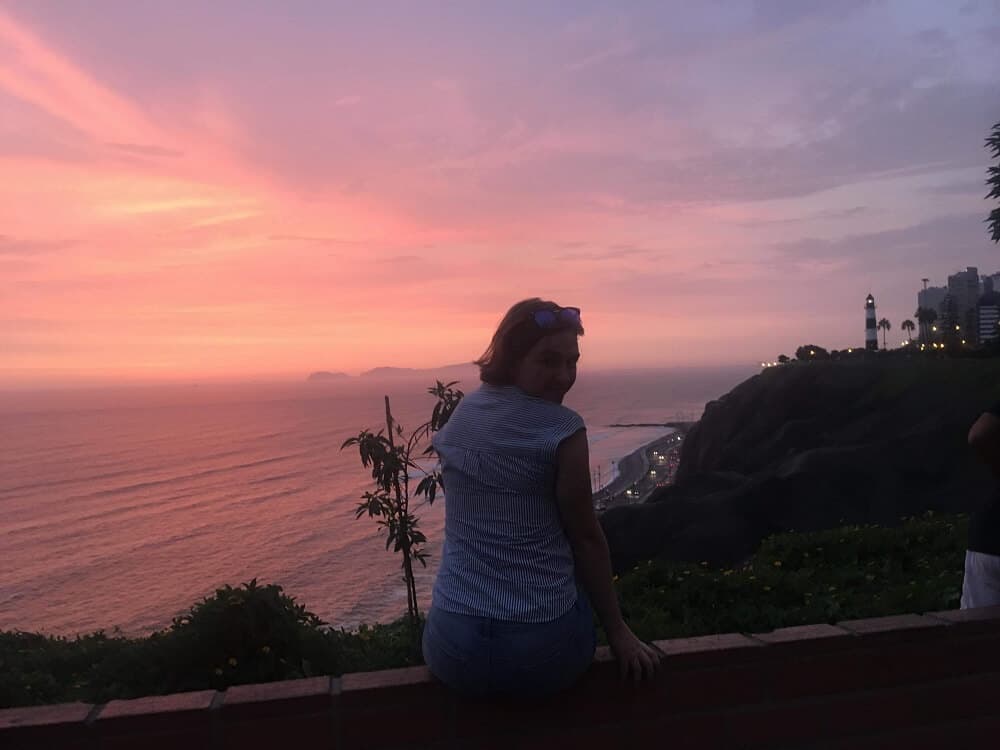
An interview with Kendal Karstens
What does travel mean to you?
When I was 16, I studied abroad in Germany with Rotary International for one year. I lived with host families, attended public school, and immersed into the German culture and language. This educational experience was uncomfortable and thrilling at the same time.
Ever since then, my travels have been educational, uncomfortable, and thrilling. I don’t care about seeing the Mona Lisa or Machu Picchu unless I can deep dive into the history and its lasting cultural impact. Sometimes these lessons force me to confront and challenge my own perceptions, and I’m grateful for these experiences.
I hope I’m a better person from my travels, but I’m at least a more educated one.
What does responsible tourism mean to you?
As I learn more about responsible travel, my definition of it evolves. However, I think this is a simple way to think about it: responsible tourism is ensuring your travels are sustainable for the local environment, local economy, and local population.
It’s overwhelming to consider all three aspects of responsible tourism for every single trip, so I primarily focus on supporting the local environment because, often, this also benefits the local population and local economy.
For example, I buy most of my food products and meals from markets because this is the easiest place to find package-free foods and people willing to accommodate plastic-free swaps for shopping bags, plates, and cups. It also supports local farmers. I shop for souvenirs at thrift stores and antique stores because the products are generally better quality and always secondhand. This also supports local entrepreneurs.
Naturally, I incorporate other aspects of responsible tourism in my travels as well (traveling to popular spots in low-season, avoiding voluntourism and unethical wildlife tourism, etc.), but I know if I can at least reduce my environmental impact on the local community, then I’m helping preserve what makes that spot special for years to come.
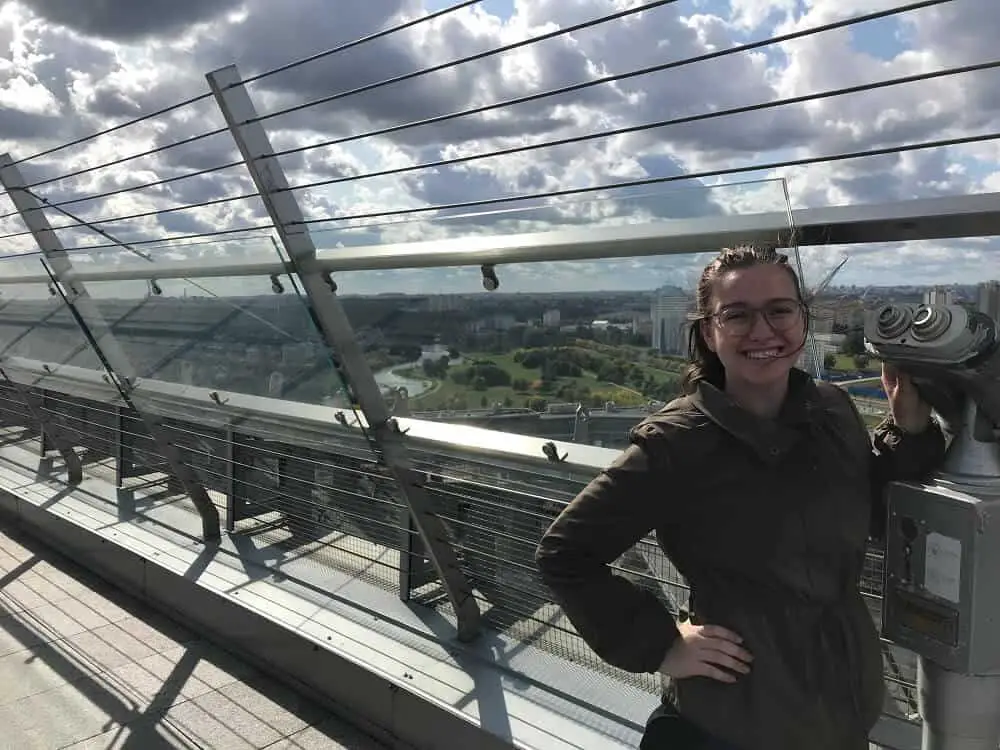
When did you first start to be conscious about the way you travel and the effects your travels have on your destination?
Two things happened simultaneously that propelled me into sustainability. In June 2018, I earned my scuba certification and was also diagnosed with PCOS.
Scuba diving allowed me to hear and feel the wonder that is the underwater world. It also forced me to recognize how humans have affected this environment. I shed silent tears in my mask while diving around bleached coral in Hawaii and promised from then-on to question my habits.
PCOS doesn’t have a cure, but there’s a lot of research suggesting the amount of toxins, chemicals, and plastic women are exposed to has negatively affected our hormones and are likely a cause of PCOS. This is still only theory, but I suddenly became hyper-aware of all the chemicals and plastic in my life affecting my body and the ecosystem. It makes sense to me that these toxins would impact my health. I couldn’t continue living my life as I had, knowing the negative impact my lifestyle was having on my health and the planet’s health.
Unfortunately, travel leaves a massive negative impact on the planet. Travel is one of my greatest passions, though, and I was unwilling to give it up; this spurred my investment in educating myself and others in the failures of the travel industry, find solutions, and make travel sustainable and a better experience for everyone—locals and travelers.
I haven’t been on this journey for long, but I’m proud of the changes I’ve already made and excited to continue transitioning my lifestyle so that, one day, I’m only leaving a positive trace on the environment and the communities I visit.
Have you traveled to a specific destination that you found especially sustainable that you would like to recommend to other travelers?
There are so many aspects of environmental sustainability—plastic use, fossil fuel dependency, carbon output, etc.—that it’s hard to rate one country as more sustainable than another because I’ve found most countries are excel in one area and need improvement in the others.
If I had to pick one country as the most sustainable, though, I would pick Switzerland. The government has ambitious plans to further decrease their already low fossil fuel dependency. Citizens largely use public transportation. There’s a fairly large market of local produce. Their farm animals are treated well. Single-use plastics are not widely found anymore and the reuse culture is growing rapidly. Locals actively take care of their environment through participation in clean-ups and other community groups dedicated to preserving the environment.
I could go on, but I think the Swiss population and government are good examples for the whole world of what sustainability looks like because, above all else, they don’t accept good enough; they’re constantly striving to do more and do better.
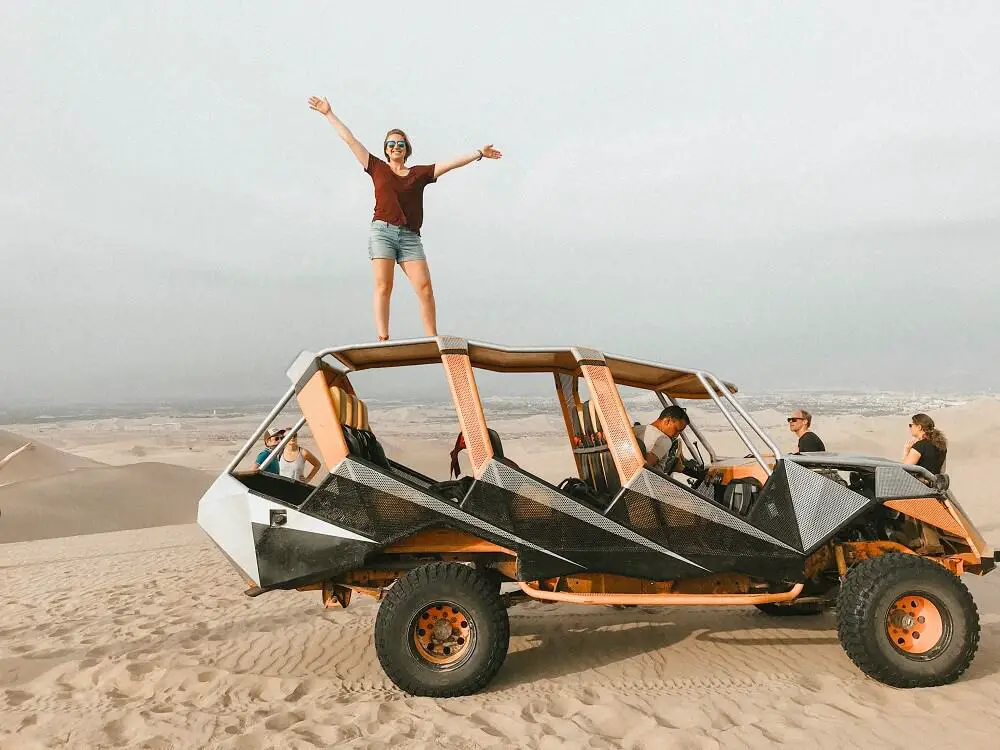
What do you do to travel responsibly?
Lately, I’ve focused on making my accommodations more sustainable. I usually stay in a local’s spare bedroom or couch, guesthouses, and hostels because that’s what I could afford. They also happen to be a more sustainable type of accommodation. The energy, water, and space consumption of these accommodations are significantly less than a hotel room. They don’t outprice locals in their own city, such as AirBnB has done in many cities.
Now, I’m taking my accommodation sustainability one step further by analyzing how my accommodations are affecting the environment. Websites like www.ecobnb.com and www.bookdifferent.com help tourists find transparent and eco-conscious accommodations.
Finally, I’m educating other travelers and my accommodations about how they can help.
Conversations are powerful.
Simply mentioning to another traveler that you like to stay in hostels because they’re better for the environment or emailing your accommodation with a suggestion to turn off the lights at night can inspire small changes that’ll lead to a big impact.
What are your top 3 advice to travelers that want to travel more responsibly?
First, find the right people to learn from. As the environment becomes more “trendy,” it’s increasingly difficult to decipher between greenwashing and good environmental practices. To avoid this, find people who share facts and are willing to back them up with research and science. Follow people who aren’t afraid to say when they’ve made a mistake – because no environmentalist is perfect. Find people who are always trying to do better and who inspire you to do the same.
Second, focus on personal action. I adopt a new zero waste/sustainable practice in my life every week or two. This prevents me from feeling overwhelmed, it’s easier to track and feel accomplished and helps develop habits. If you can adopt more sustainable practices at once, do more! But don’t pressure yourself to introduce every sustainable practice into your life all at once.
Third, spread action within your community. Participate in local clean-ups and other community activism events. If there isn’t already a community, start one yourself! Write to your favorite brands and encourage them to pursue more environmentally and socially conscientious practices. Call your local government or attend a town hall meeting and voice your opinion about the environment and what needs to be done to protect it. For example, you could encourage local restaurants to charge for to-go containers, straws, and other single-use items. Your work in the community is just as important as your personal action.
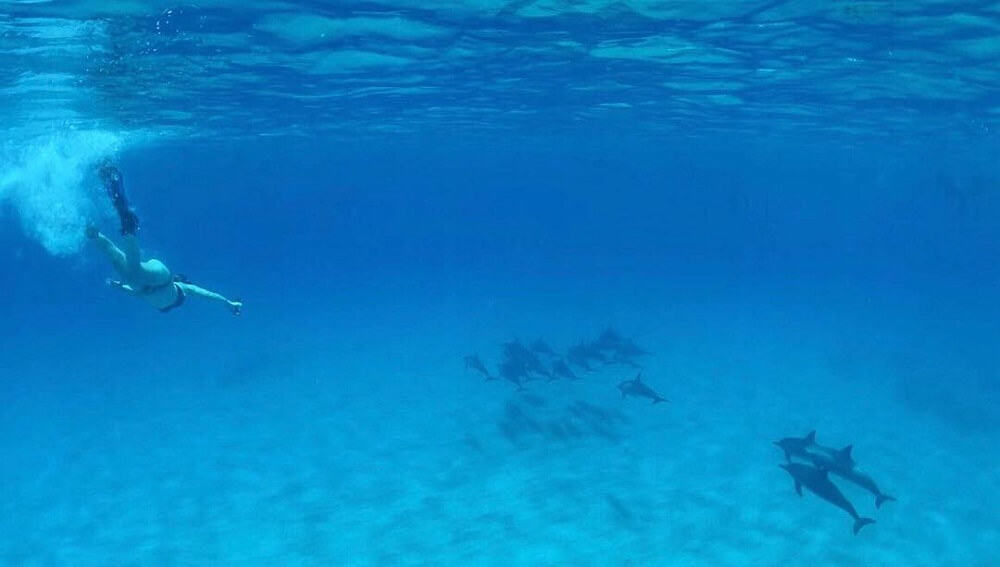
See more from Kendal
First of all, I want to thank Kendal for taking her time to talk about responsible travel. I found this extremely inspiring, and my greatest takeaway is to be happy with adopting one and one new zero waste habit at the time. I can do that. Can you?
Tell us what your biggest takeaway was in the comments!
Also, make sure you check out Kendal’s blog Getaway Girl and follow her journey to zero waste travel on Instagram and Facebook.
Read next: Environmental awareness: An interview with Mel Vargas and Abby Singzon
Pin it for later!
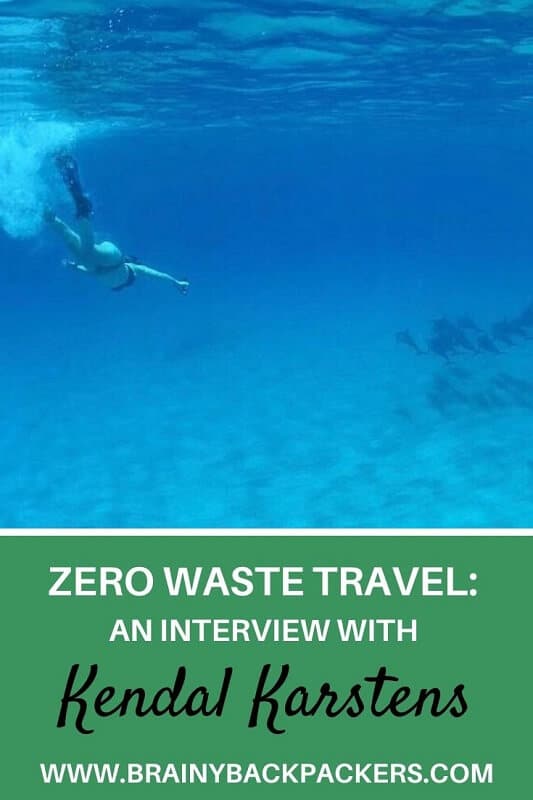

Thanks for the interview!
Thanks to you for inspiring!
This is a great interview! I love learning about ways to be sustainable while also travelling. If you find anymore people to interview about this I’d be super stoked to read the article.
Happy to know you got inspired too! I will publish a new interview about every 2 weeks.